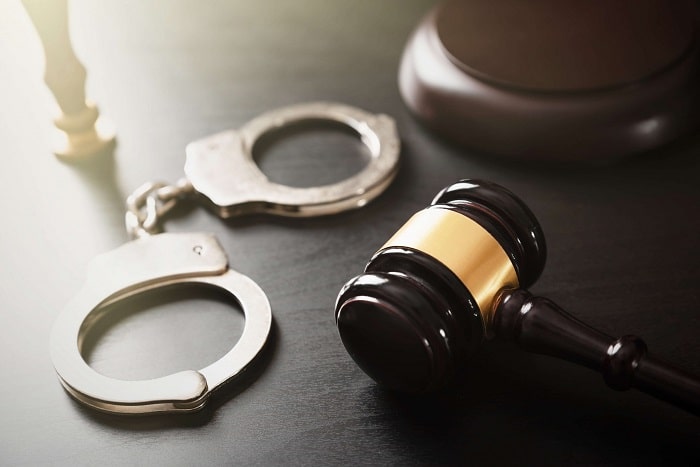Religion has long been associated with accusations of violence and hatred, some of which are legitimate. The law views attack motivated by religious animus very seriously, and if a jury is convinced, can lead to significant consequences.
America is particularly sensitive to religious-based criminal offenses, given the broad freedoms individuals have in this country to practice their chosen belief system. Consequently, if a crime is connected with targeting a specific religion, the act may be labeled as a hate crime, which brings increased penalties.
A recent article in the Desert Sun discussed reports that criminal acts against Jewish communities rose 27 percent in California in 2017. In addition, there are separate offenses specifically related to acts against religious groups or their property. A discussion of how religion plays into the prosecution of criminal charges will follow below.

What is Hate Crime?
Hate crimes are not necessarily offenses in and of themselves. Instead, in many cases they serve to enhance the sentence a person may face if convicted of a crime, such as assault or harassment, where the commission of the crime is wholly or partially motivated by a perception that the victim has one of the following characteristics:
- Disability;
- Gender;
- Nationality;
- Race/ethnicity;
- Religion; or
- Sexual orientation.
Note that the addition of a hate crime classification to a criminal prosecution is possible even if the alleged victim did not possess the perceived characteristic.
To apply this additional punishment, a prosecutor would need to prove:
- the defendant was biased against the alleged victim because of a perceived characteristic; and
- that bias substantially motivated the commission of the crime; i.e., more than one motivation is permissible, as long as the primary mover was biased.
Usually, there is an underlying crime for which a person is convicted, with the hate crime enhancement only serving to subject him/her to a longer sentence.
However, a standalone hate crime offense also exists that prohibits:
- interfering with the exercise of a person’s rights through intimidation, willful injury, or threats; or
- knowingly damaging or destroying a person’s property to interfere with their rights.
Note that if convicted of the standalone offense, prosecutors cannot then apply sentencing enhancements, which can add two to four years to a prison term, as an additional measure of punishment.
Defending against hate crime charges usually takes one of three principal approaches:
- attacking guilt of the underlying crime;
- presenting evidence the crime was not motivated by bias; or
- asserting that the act was protected free speech. Speech without an additional physical activity is commonly treated as protected speech, unless a defendant makes a threat against an individual with a recognized characteristic, and has the ability to carry it out.
What is an Offence Against Religion?
In addition to a hate crime related to character biases, California has several other laws that prohibit behavior that specifically targets religious groups, such as disturbing a religious meeting and vandalism of a religious site.
With the first offense, the tension between freedom of speech and the free exercise of religion is on display, with limits placed on permitted speech to protect religious worship.
To be found guilty of disturbing a religious meeting, a misdemeanor punishable by jail time and high fines, the prosecutor must show:
- a disturbance which occurred at a place of worship during an assemblage;
- the disturbance was accomplished through profanity, rude or indecent behavior, or unnecessary noise; and
- the disturbance was intentional.
Vandalism of a religious site involves damaging, defacing, or destroying a place of worship, and while generally handled as a misdemeanor, it can be classified as a hate crime and elevated to a felony.
Hire a Criminal Defense Attorney
Being stigmatized as the perpetrator of a hate crime is a label that has significant consequences beyond the courtroom or penal system. Let Manshoory Law Group, APC fight to avoid this situation by allowing them to represent you in your criminal case.
Their dedicated and experienced approach can produce the best results, so you can move on with your life. Attorneys are available 24/7 to take your call. Contact the Los Angeles law firm for a free consultation.

